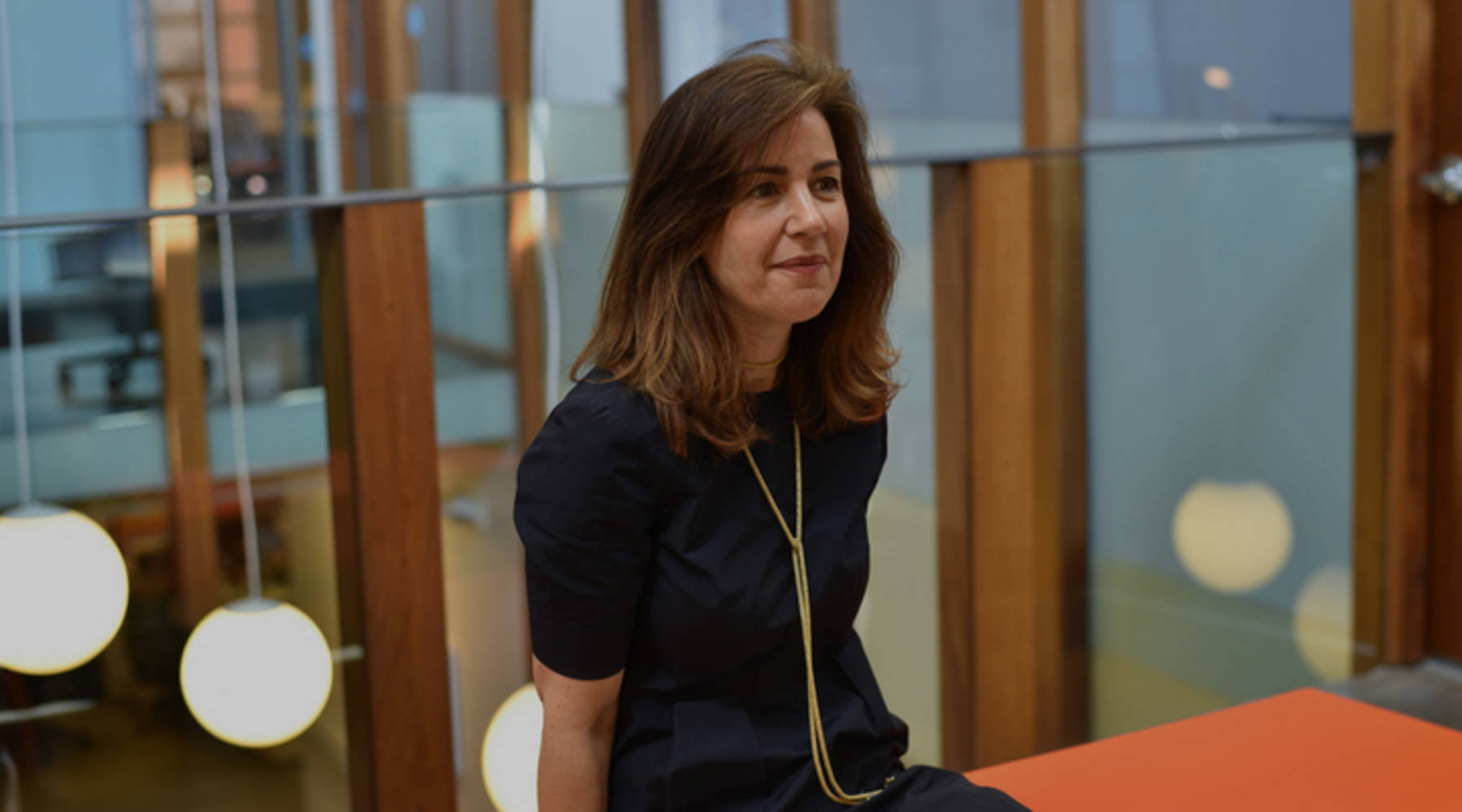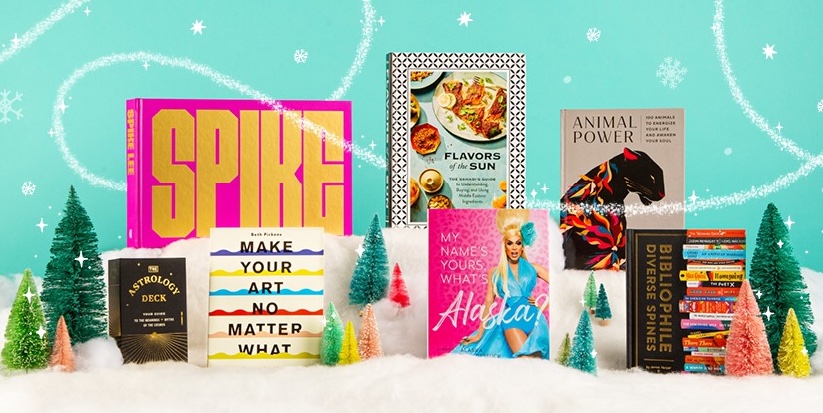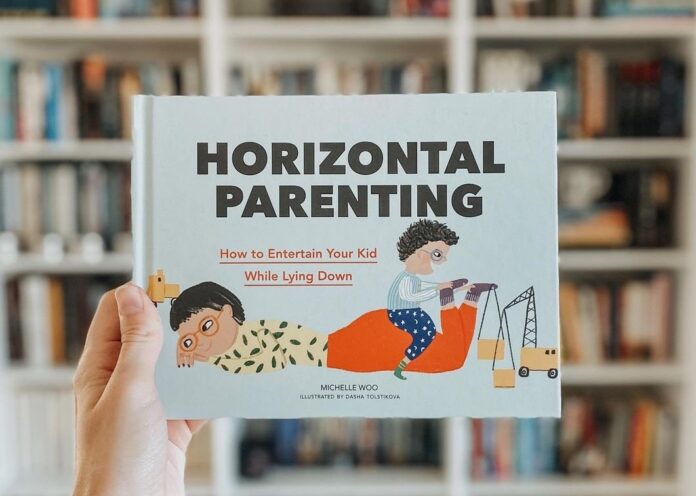The literary world reeled through the pandemic in remarkable ways. While the industry as a whole benefitted from online book orders and readers sheltering in place, booksellers lost the serendipity of book tours and conferences, live author appearances, and the hands-on, interactive commerce that is their speciality.
People shopping online responded not to inside experts but to what they saw: limited search results featuring new books based on algorithms, or big name authors and best-selling titles pushed by retailers because the books were already a sure thing. NPD BookScan reveals that of the top 10 fiction best sellers in 2020, nine were by established best selling authors. Meanwhile, US Census Bureau data shows that sales in bookstores fell nearly 30 percent in the same time period.
Furthering the downward slant: Booksellers across the country acknowledge people who attend virtual author events often do not purchase the book through their physical bookstores. Whereas prior to the pandemic a popular author visit might result in the sale of 150 copies, Zoom events on average garnered only 15 to 20 sales. Another stat from NPD BookScan speaks to debut and lesser known writers and arrives with grim starkness: 98 percent of frontlist books released by publishers in 2020 sold fewer than 5,000 copies.
Before the entire portrait plunges a book lover into a muddy puddle of despair, a glimmer of gold: according to the Association of American Publishers, after ten years of stagnant returns, publishers’ revenues in the United States rose nearly 10 percent in 2020 to reach $8.6 billion.
Shining like a jewel in the industry’s precarious crown was Chronicle Books. The San Francisco publisher, founded in 1967, publishes illustrated nonfiction books valued for their clean design, attention to detail, and extended series addressing issues such as sustainability, artisan craftmanship, and original voices. Publishing in categories like art, food, popular culture, lifestyle and wellness, and children’s books, Chronicle has expanded into gifts, games, puzzles, stationery, and other add-on products (a savvy move beginning in 1993). Products developed in collaboration Lego and other companies have proved a valuable revenue stream.

“We’re now bringing more people into the organization at all levels that don’t have direct publishing experience,” says Chronicle Books President Tyrrell Mahoney in a recent interview. We recognize as a company we were and are lacking as many diversified voices and backgrounds as we should have. We haven’t had the focus we have now: we traditionally were centered on recruiting people with entirely direct publishing experience.”
Mahoney is a longtime resident of San Francisco. Named to her current position in January 2017, she has served since 2007 as vice president of Sales, Marketing & Business Development. Mahoney climbed the ranks at Chronicle, joining in 1996 as a sales and marketing associate. Prior to that, Tyrrell was the circulation manager at Mother Jones magazine. She is a graduate of Boston University with a BA in English.
I ask Mahoney about the perils and opportunities arriving as a result of the pandemic. Speaking about recruiting new hires and the now-all-too-familiar remote or hybrid workforce, she says, “We can now diversify where we hire. COVID has meant in that it doesn’t have to be done only in San Francisco or New York. It means we can diversify and recruit from across the United States.”
Demonstrating the company’s traditionally progressive approach to publishing, Chronicle’s inventory fit right in when nonfiction books about politics and social injustice, race and racism, cooking and gardening, and books for children aimed at schooling homebound children represented most publishers’ 2020 top sales.
Mahoney also talks about current and future initiatives involving books paired with products in retail stores—cookbooks placed in high-end home goods shop\s, floral-themed journals in florists, etc.—and line extensions involving partnerships with or acquisitions of toy and game makers. (last year Chronicle announced the acquisition of three signature Wild + Wolf’s games and the establishment of a subsidiary, Chronicle Books Limited, to lead and develop the sales and distribution program.)
“It’s true we were one of the first to look at books in a different way. We understood early on that books are just as much a gift for others as they are for yourself. Putting them in a retail store, the serendipity was there for readers—and for the stores because it kept their customers engaged and interested. We are always leveraging our content to figure out where interest lies,” she says.
Indulging in a journey through an eclectic, virtual goodie box of current items, I find highlights: Songteller by Dolly Parton (which sold 200,000 copies); From Crook to Cook by Snoop Dogg (originally published in 2018 and selling 205,000 in 2020); Trumpty Dumpty Wanted a Crown by John Lithgow; We Became Jaguars; Star Wars: A Vader Family Sithmas; Arte Popular: The Rex May Collection of Mexican Folk Art: Pajama Pilates; Quilts of Gee’s Bend; I Know This To Be True: Stephen Curry.

When a Chronicle book resonates in the marketplace, additive content is an obvious boost. “Recognizing that has helped us build engagement and sales,” says Mahoney. The Construction Book series (developed from author Sherri Duskey Rinker’s bestselling 2011 bedtime book, Goodnight, Goodnight Construction Site) has now become a substantial franchise with 15 different formats. That’s allowed us to bring a stronger presence in stores.”
When I ask if Chronicle plans to turn the corner after the pandemic and begin making their own line of gardening tools or cookware, or create videos or television offshoots, Mahoney’s response is unequivocal. “We don’t go into making products other than those made out of paper, but we’ve developed products with partners. In some cases the efforts haven’t lived up to the core business of paper-based gifts and books. We distribute for seven others publishers and they’ve gone into new products with mixed success.”
Has Chronicle ever wandered in to “mixed success” or even “not gonna happen” territory? Certainly. “We did ceramics—trays or little key chains and pins. Those haven’t done well enough to continue. Some things don’t perform on their own. They’re too content-light: a tray is just an item, but a book has writing beyond just the visual. Where we shine and perform is with the combination of content and visual.”
Acknowledging times when that shine was tossed into shadow—the economic downturn in 2007 leading to Borders’ liquidation in 2011—Mahoney says the loss of Borders impacted all publishers’ backlists. About Amazon, the big online monster that arose in 2007 and continues to disrupt the industry, she says, “Amazon was not as big then as it is now, so the growth of that channel in the years following 2007 improved books sales overall as an industry. For us, being a publisher with a diversified retail base, we were able to use that base to reinforce what we were losing through other distribution channels.”

Frontlists (new books) in 2020 continued to be impacted by Amazon, but also by social media, the pandemic, and other forces. “Media outside of current events during 2020 was taking so much of people’s time and attention that buying physical books lessened in priority. But the industry still did well overall because people were reading and buying e-books, audiobooks and shopping online.” Unfortunately, publishers need healthy frontlists because those books feed future backlists.
That is one reason Chronicle is investing in more visual merchandising. “What we won’t do as much of is traveling and meeting with booksellers. How do you replace that? We’re asking, how do consumers look for new books or gifts? We’re doing more to ensure that people understand our product lines.”
This means online content on the company’s website includes increased visuals—photography and video—showing the book within different settings or demonstrating with a video or animation how a game is played or a chef’s dish is prepared. “We’re doing things that help achieve that phrase we hear that is common with the physical books: ‘I knew it was a Chronicle book when I picked it up.’”







